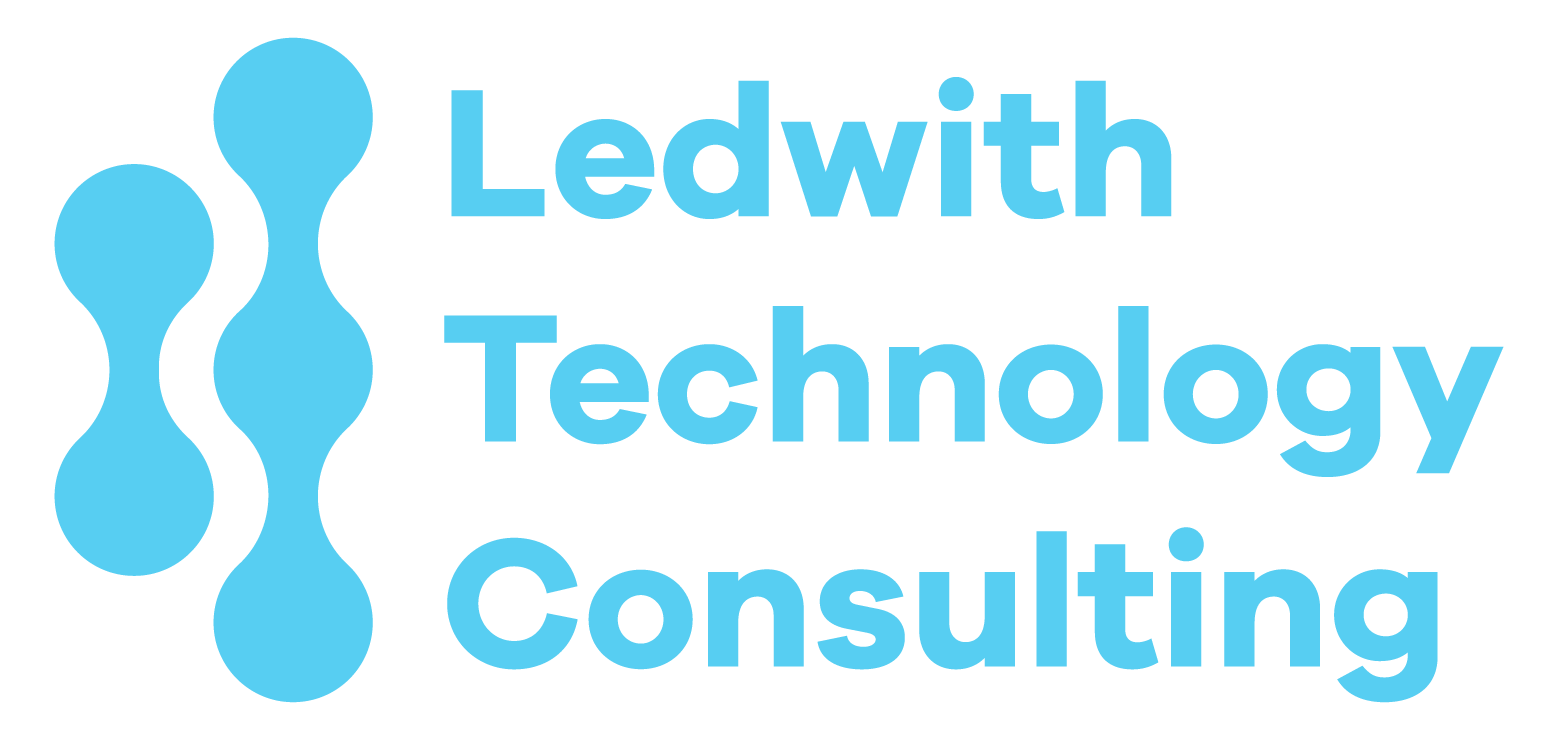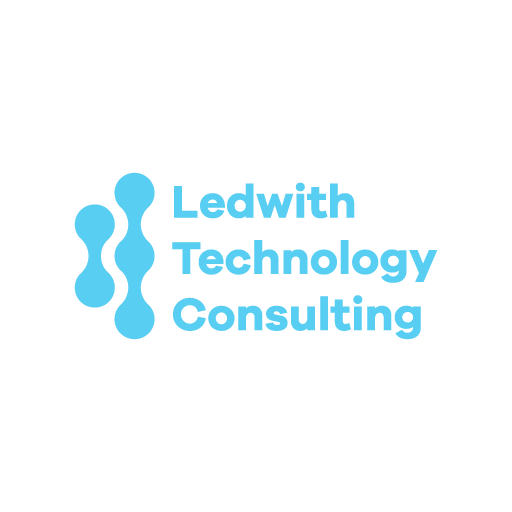By Stephen Ledwith April 7, 2025
Real estate has always been about location, location, location—but in today’s digital-first world, it’s also about data, data, data. That’s the heart of Property Technology (PropTech). Having devoted much of my career to real estate platforms, I’ve seen how technology has revolutionized everything from listing a property to signing the final paperwork. Even the nature of homeownership is evolving, with smart devices and virtual tours challenging traditional norms.
In the early days of my work on real estate software, simple listing features were considered groundbreaking. Now, we have geospatial searches, AI-driven property valuations, and integration with services like 3D virtual tours. This progression isn’t just about gadgetry; it’s about enhancing the entire user experience. Buyers want to explore homes from the comfort of their couch. Agents need data-backed insights to close deals faster. These demands are fueling the rapid evolution of PropTech solutions. When we integrated geolocation searches into one of our platforms, speed was everything—queries returning results in under two seconds. That kind of user experience quickly becomes a competitive advantage.
Modern real estate transactions can involve multiple stakeholders—agents, lenders, inspectors, and customers—often scattered across various digital platforms. The ability to unify these components into a single, seamless experience is what separates good solutions from world-class ones. From my vantage point, microservices architectures and open APIs have become vital in tying these systems together. When we built a real estate brokerage platform that could integrate with “best of breed” agent tools, we opened the door for easy global expansion. That adaptability allowed us to onboard new territories in record time.
Smart home technology further broadens the PropTech horizon. Sensors that track energy usage, security systems that integrate with mobile apps, and voice-activated home assistants are all becoming commonplace. This wave of IoT (Internet of Things) in real estate brings challenges too—data privacy, network security, and compatibility concerns abound. Yet, in addressing these challenges, developers and service providers stand to capture a massive emerging market. I often advise teams to bake in security from day one, ensuring that each connected device or system meets rigorous standards. That level of diligence builds trust among homeowners, not to mention real estate professionals who stake their reputations on the products they recommend.
Underpinning all of this is the drive toward data analytics. Buyers and sellers generate enormous amounts of data—everything from browsing habits and price thresholds to location preferences. Agents and brokers who harness that data can tailor marketing, refine property recommendations, and streamline transactions. The end result? Faster closings and happier clients. And this phenomenon isn’t limited to residential real estate; commercial sectors are also leveraging analytics to manage investments, forecast trends, and optimize property portfolios.
Ultimately, PropTech is democratizing the real estate space. By lowering barriers to entry—through virtual tours, instant valuations, or seamless transaction workflows—technology is shifting how people buy and sell properties. In my two decades of product leadership, I’ve watched entire businesses pivot around new PropTech opportunities. That transformation hasn’t always been easy, but those who embraced innovation are reaping the rewards in terms of user satisfaction and market share. As we look ahead, one thing is certain: the future of housing will be shaped by those willing to experiment, iterate, and deliver smarter solutions that truly serve the needs of homeowners and industry professionals alike.

